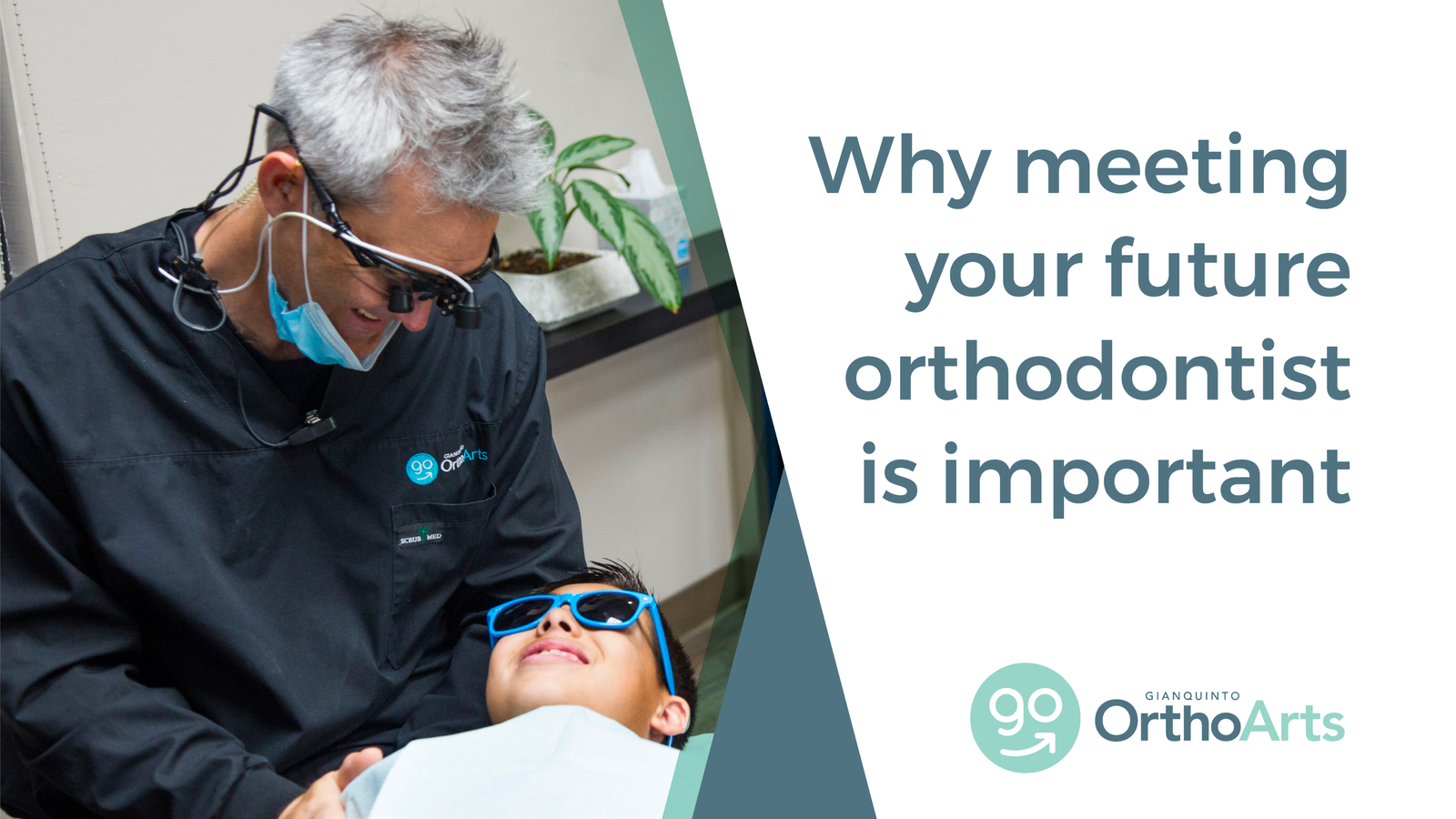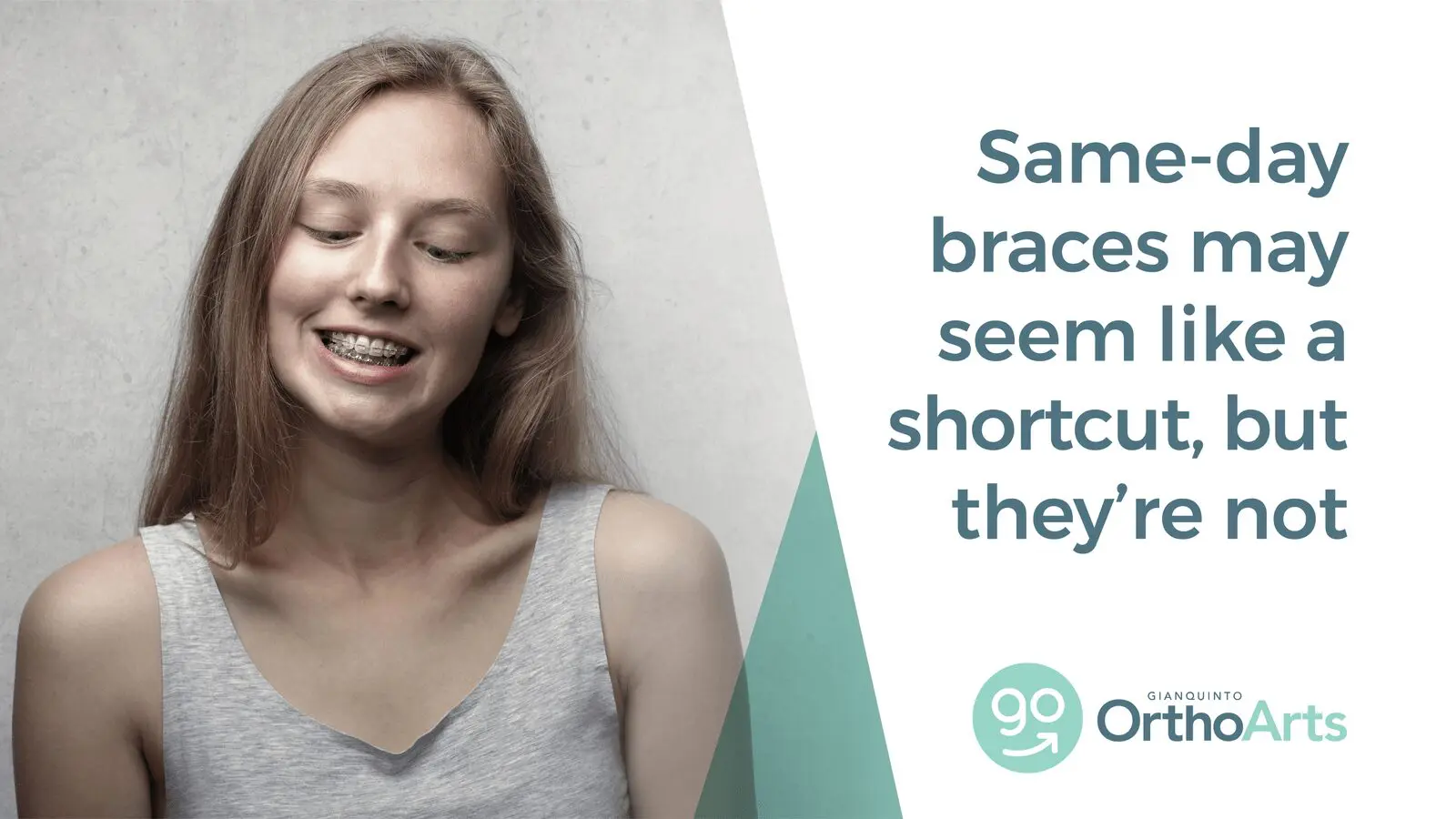A lot of people ask me about permanent retainers in Bakersfield. Nothing is permanent, so we prefer to call them “Fixed” retainers. At first glance, retainers cemented to your teeth may seem like a great idea. But at Ortho Arts, we prefer to use removable retainers in the vast majority of cases. They might require a bit more responsibility, but fixed retainers won’t hold all your teeth in place like removable retainers will, and can also break when it’s least convenient. This means all that time and money you spent straightening your teeth will have been wasted. No matter how you look at it, keeping your teeth straight requires long-term commitment to wearing retainers, and fixed retainers have well-documented complications.
Our treatments are designed to give you a beautiful smile that lasts as long as you want to maintain it, which is why we prefer a removable retainer. It’s simply the best option for you and your smile.
Here are 5 reasons why I don’t usually recommend using fixed retainers.
1.”Permanent” retainers in Bakersfield break.
Fixed retainers have a habit of breaking when it’s least convenient. When they do, that means you’ll need to come in for a visit to get your retainer repaired or replaced. These extra visits can be expensive, not to mention time-consuming for everyone. After all, you just got your braces off! The last thing you want to do is come in for another ortho appointment. If this happens, you should save the wire, because it’s custom-made to fit your teeth. It’s much easier, faster and ultimately less expensive to repair a fixed retainer than it is to completely replace it.

2. They can move teeth in horrible ways.
Usually, permanent retainers in Bakersfield just break loose, which is inconvenient. But under certain conditions, the wire can become distorted, twisted, or bent, causing it to start moving teeth instead of keeping them in place. If left unchecked, this can lead to tooth loss.
Here’s an example. These photos show the teeth of a woman who’d completed orthodontic treatment at another office three years earlier, and had gone quite some time without routine checkups with her general dentist. When she finally came in, her teeth had moved so far out of alignment that roots were outside of bone. The correction took longer than the original treatment, and the damage couldn’t be completely undone.
The moral of the story is, if you have a fixed retainer, make sure you’re seeing your dentist regularly, and if something isn’t right, have it checked out.
3. They only keep the teeth straight that they’re attached to.
Fixed retainers aren’t attached to every single one of your teeth. Doing so would be an unreasonable hygiene obstacle and would damage the teeth. They may hold the teeth they’re bound to in place, but shifting of the teeth isn’t limited to just the ones in front. At one time, there was a theory that keeping the lower front teeth straight would keep all the rest straight. It’s a nice idea, but this has been thoroughly debunked. As an example, here’s a short horror story.
A patient came in for a consultation, very upset. He’d had 6+ years of orthodontic treatment plus double jaw surgery. His previous orthodontist had put a fixed retainer on his lower teeth and told him it would hold all his teeth in place. Forever. End of story. Removable retainers, said the orthodontist, weren’t necessary.

Unfortunately, things didn’t work out quite like the patient had been told. His teeth had moved, and he needed re-treatment. Needless to say, he was not happy.
In other words, you’ll still have to wear a removable retainer to keep your other teeth straight, even with a fixed retainer. Who wants to do that?
4. They’re a hygiene hassle.
Because they’re not removable, fixed retainers are much harder to keep clean. You can take out a removable retainer and wash it in the sink, then brush and floss your teeth before putting it back in again. But you must carefully floss under a fixed retainer, which can be very tricky. They’re also tough for your hygienist to clean around without breaking it, which means another visit for repair.
5. Your diet is much more limited.
With a removable retainer, you can eat anything you want. But because you can’t remove a fixed retainer, you must be much more careful about your diet. The wrong foods can break or bend the wires, causing you to need a repair or replacement, and making the teeth move in horrible ways (see images above).
Removable retainers: the intelligent choice
At the end of the day, we use removable retainers because they’re easier and more convenient for you than fixed retainers in Bakersfield. They’ve been proven to work better at keeping your teeth straight and reducing the need for re-treatment later. True, removable retainers do require a little upkeep, and they do need to be replaced regularly. But they don’t come with the risks and hassle that fixed retainers do.
There is one exception: in some cases, you may need fixed retainers to keep spaces closed or keep really rotated teeth from relapsing. In those cases, we always recommend night-time removable retainers to keep the rest of the teeth straight, and to serve as a backup in case the wire breaks.






